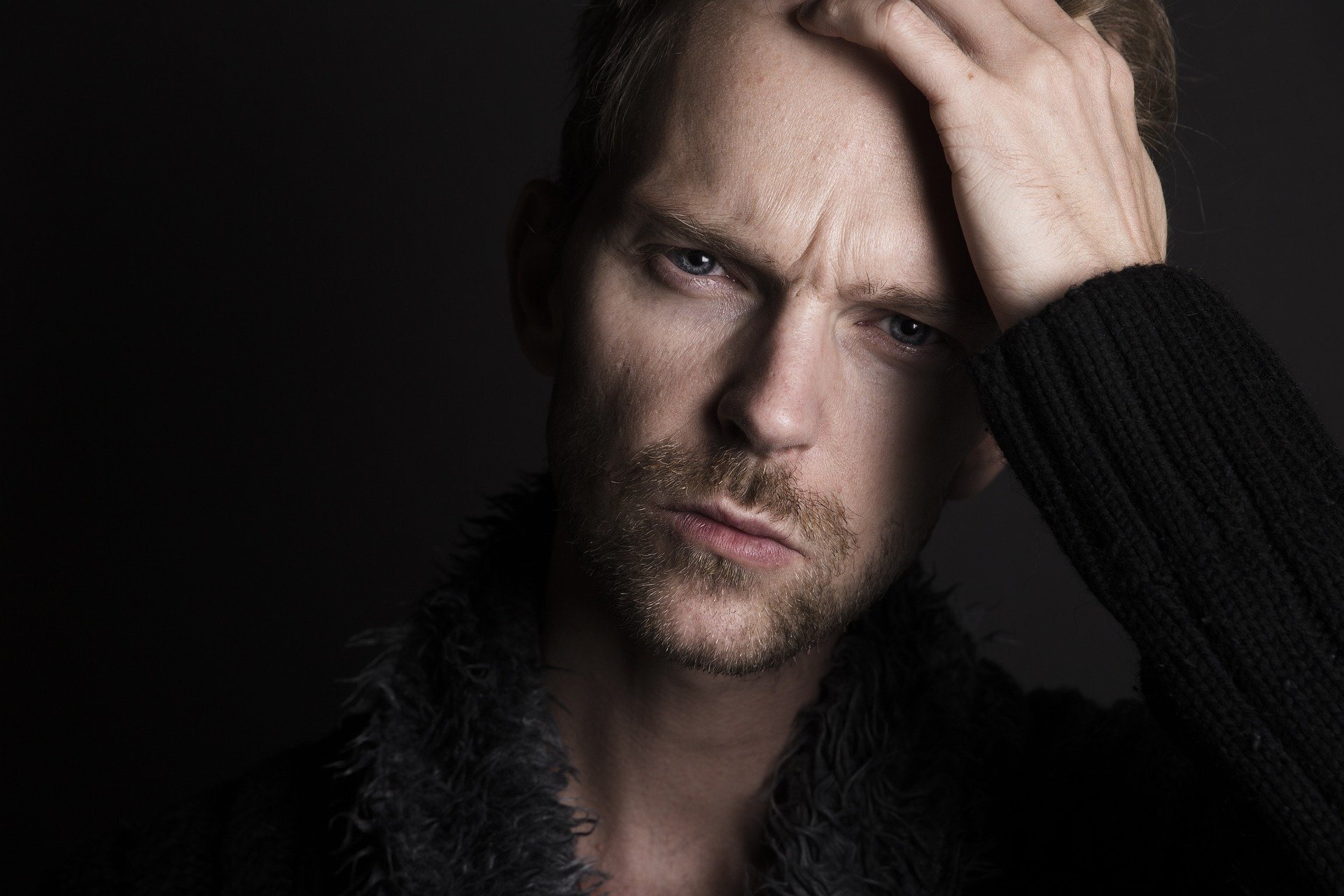Friendship breakups
Robin Dunbar is a Professor of Evolutionary Psychology at the University of Oxford, has been studying the effects the pandemic has had on friendships. He recognises that our social circles are - aside from the pandemic - in a constant state of flux, especially when we’re young. And friendships, are very dependent on the amount of time you invest in them. But not only that, according to his research, there are very “specific frequencies” with which you need to see people in order to remain tight with them. Dr. Dunbar suggests that your social world consists of a series of layers and as they increase in size, they decrease in emotional closeness.
1. Your inner core. This is about 5 people, usually made up of a mixture of family and friends. These are your “shoulders to cry on” and you have to see them at least once a week to keep them in that circle.
2. The next circle out consists of about 10 people and is “generally known as the sympathy group.” This includes the 5 in the inner circle and are “all the people whose death tomorrow would seriously upset you.” To keep somebody in that circle, you have to see them at least once a month.
These frequencies are an absolute minimum he says: “If you see them less, they will just quietly drift down into the next layer, and eventually if it gets long enough they'll drift out of your social world altogether and just become an acquaintance.” But as we mentioned before, this is something that happened pre-covid: “That kind of turnover is going on all the time and in fact it's quite high among teenagers and 20 somethings.” According to Prof. Dunbar’s research, about 30% of friendships at that age are constantly falling through the layers and eventually leaving your social circle entirely.
But it’s not that your total amount of friends is decreasing, at least not when you’re around the age of 20; most people replace the friends that fall off those circles with new ones that they meet. It's actually not unusual. Friendships should change, but the pandemic has simply stopped us from going out and making new friends.
To lose or not to lose
One thing that the pandemic has done is shown us how we can use technology to our advantage. Technology has allowed us - in part - to offset the risk of decay in our relationships. Video calls are now part of our new normal, and on the face of it they seemed to at least somewhat replicate seeing our loved ones in real life. But they can’t always do the job properly. Prof. Dunbar explains that according to his research, “all these digital means… are really just sticking plasters. “If that's your only mode of contact with that person, eventually the relationship will decline anyway - nothing you can do about it. It will just take much longer for that to happen. “The only exception to that seems to be, your kind of one, two, maybe three very best friends, your kind of 'best friends forever'… those relationships you seem to be able to pick up where you left off before.”
The ones that do drift are mostly friendships of convenience as opposed to your very close friends, the ones in your inner circle, are absolutely vital to your physical and mental wellbeing according to Prof. Dunbar. He says that you spend about 40% of your total social time investment on them, so not only does having too few have an impact, but also too many, as you will spread yourself far too thinly and burn yourself out. And he has a scientific study coming out soon that looks at precisely this. Along with other psychologists, he researched 100,000 people across 13 EU countries, and in general found that “the risk of depression increases if you have too few friends, and if you have too many.”
A different perspective
So the good news is that, from a scientific perspective, the turnover of friends in your outer circles shouldn’t have too much of an effect on you long term. It’s the inner circle that is critical to your health. However the rapidity with which it’s happening now, combined with the inability to replace those falling off those outer circles, is bringing those losses into much sharper focus than at any other point in time we can remember.
But Prof. Dunbar thinks that for lots of people, this will soon be absolutely fine: “After Spanish flu, what followed was a decade of intense partying, the roaring 20s.” He thinks a similar thing will happen this time round, so there will be plenty of opportunities in the not too distant future to replace or potentially reconnect with the outer friendships we’ve lost.
So on the face of it, losing friends right now might feel really upsetting. However, having a smaller but more intimate friendship group as a result of the pandemic, whether by choice or circumstance, might mean you have more time than ever to pour into your friendships, and end up having stronger bonds than ever before.
Extracts taken from https://www.bbc.co.uk/bitesize

